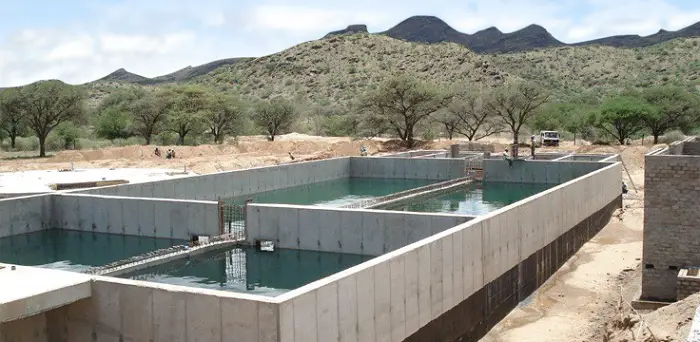The Adaptation Fund (AF) has approved a US $4.3m four year project last week. The project is situated at the Grünau settlement and the Bethanie village, located south of the country. The project aims to assist the treatment of poor quality local groundwater.
The funds will come in handy as a trial as well as means to utilize renewable power and membrane technology; bringing it to a level that complies with the national standards for drinking water, through the use of reverse osmosis. The project proposal developed by NamWater as the executing entity was approved during the Adaptation Fund’s 30th board meeting. The Desert Research Foundation of Namibia (DRFN) is in charge of implementing the project.
Also read: Rundu Township in Namibia facing constant water cuts amid crisis
Community development
Endorsed by the Environment Commissioner of Namibia, Teofilus Nghitila, the project also aims to see improved resilience of vulnerable communities. This is with a view to enhance climate change impact. More so specifically to a decrease in water quality of existing groundwater sources.
The project will provide benefits to vulnerable communities in the target areas. It will also serve to increase the capacity to integrate climate change adaptation considerations into water supply planning and policy processes.
It is important to try out two plants in a rural setting. This is because on most cases the water demand of the communities differs in magnitude. This would allow the opportunity to establish how plant size affected aspects such as operation, management and maintenance requirements, the unit cost of water produced, the involvement of beneficiaries; and the interest of stakeholders.
Furthermore, the execution of the project aims to yield a wide range of information and knowledge on both technical and social aspects of establishing and operating such treatment and power plants.

Leave a Reply